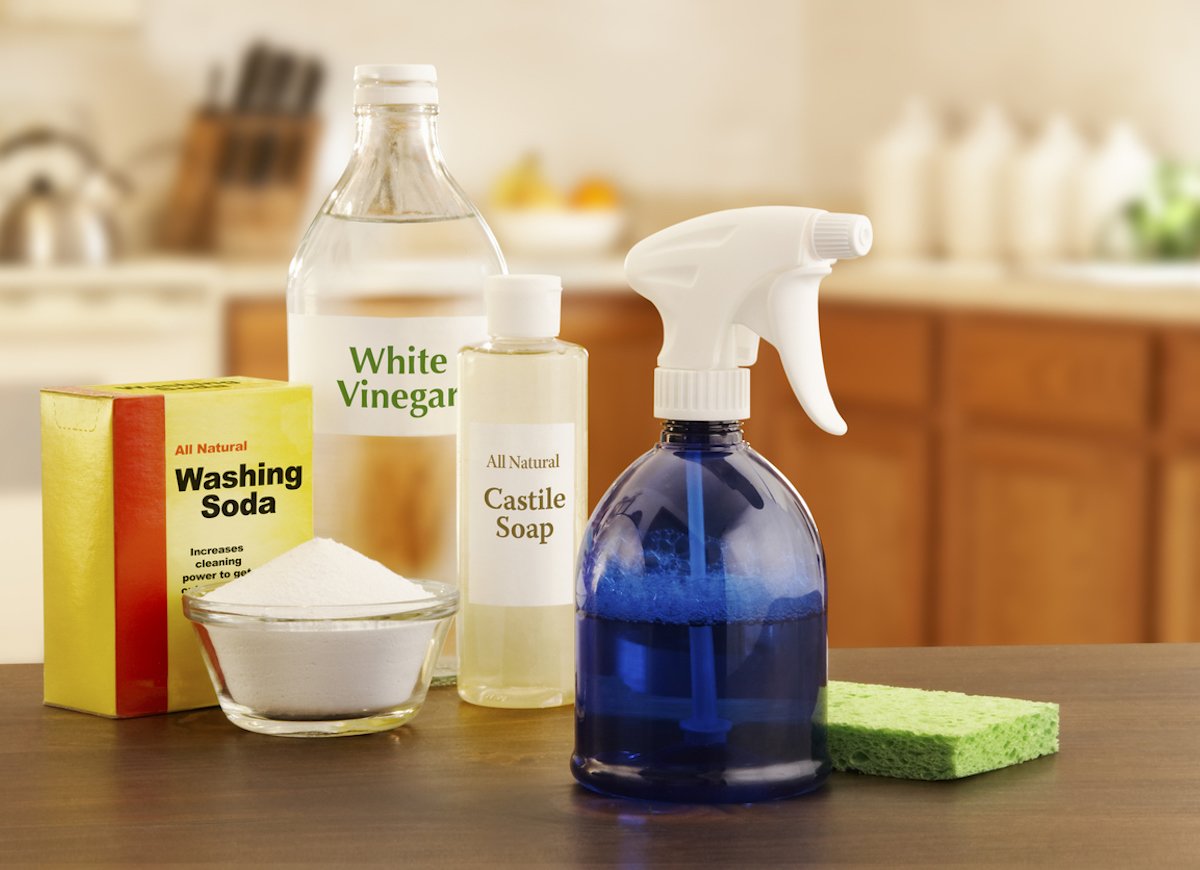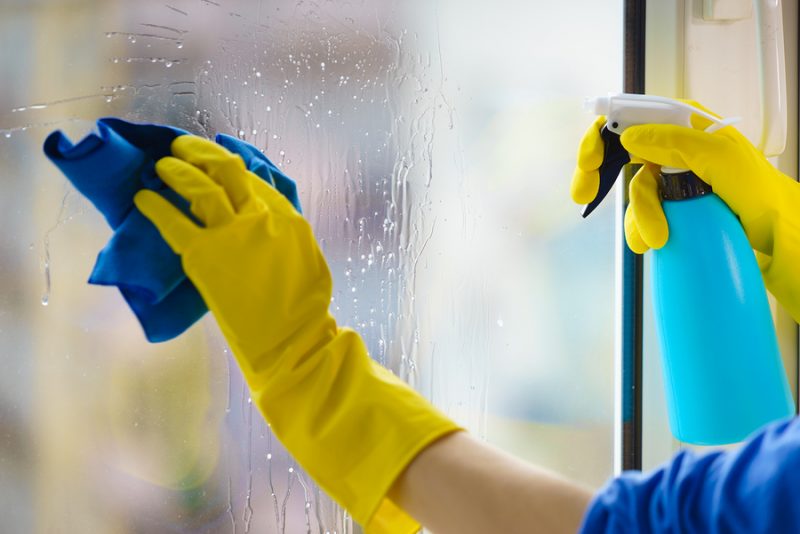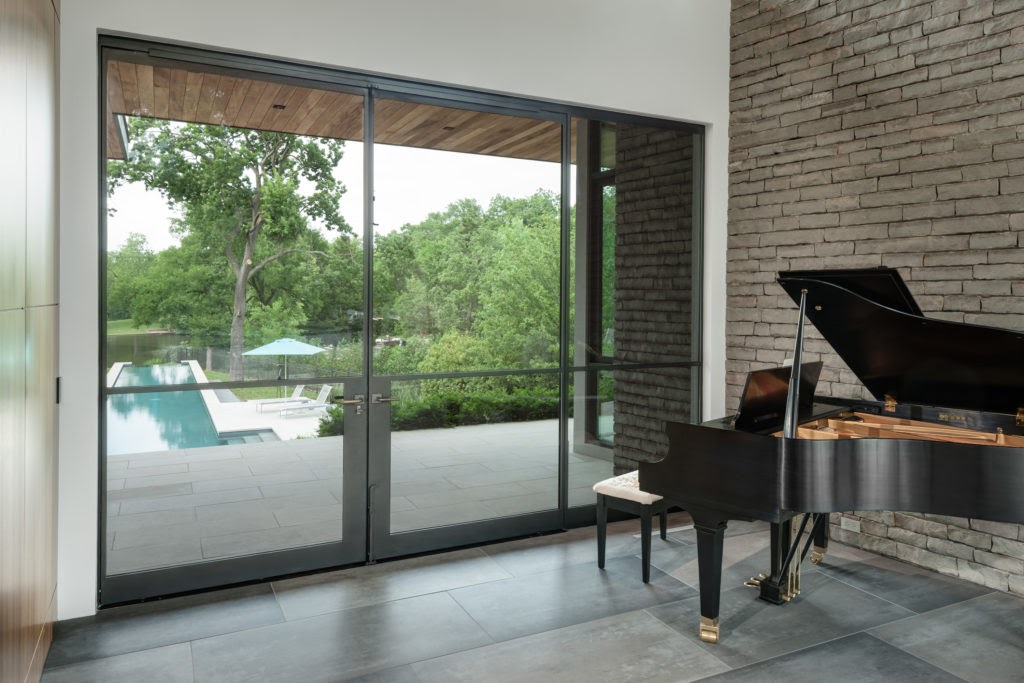
Caring for Antique/Glass Windows in Old Homes
Antique glass has an innate ability to add charm, character, and a hint of something special to a space. If you’re lucky enough to have found an older building with its original glass intact, caring for it properly is crucial to preserving its beauty and value.
While doing this might seem simple, antique glass isn’t necessarily interchangeable with the modern glass that we have today in terms of how it should be cared for. There are precautions that you’ll need to take to avoid accidental damage to the glass or the window itself.
In this post, we’ll cover some of the basics so that you’ll be able to properly care for your antique glass and, hopefully, continue to prolong its life.

Avoid Harsh Cleaning Chemicals
Cleaning solutions meant for modern-day glass surfaces might not be suitable for older glass windows for various reasons.
Suppose the glass is colored, such as in the case of antique stained glass. In that case, the harsh compounds in modern commercial cleaning products could ruin the beautiful colors through an unintended chemical interaction.
Commercial cleaning products could also interact with the metal used to solder stained glass. This could lead to corrosion, not only destroying the appearance but also causing structural issues. Even in the case of regular, non-colored antique glass and windows, it is best to err on the side of caution by keeping things as simple as possible.
If you can get away with it, it is best to stick with warm water, and if you find it necessary, a small amount of diluted dish soap.

Ensure That You Are Gentle
Antique glass is notoriously brittle, and if it needs cleaning, you will have to leave the muscle out of it and instead turn to patience.
This is because most glass has tiny cracks and entry points that are not visible to the human eye. Over time, exposure to the elements like moisture can cause these cracks to expand and weaken the overall structure of a glass piece.
It’s clear to see how in the case of antique windows, with their centuries of exposure to moisture and outdoor conditions, may be particularly prone to this type of weakening.
To be safe, ensure that you are applying a minimal amount of pressure. As an added precaution, you may want to wear gloves to prevent cuts and injuries in the event you do accidentally break the glass.

Tough Build Up and Grime
You might be able to get away with using a very mild abrasive, but you shouldn’t risk it without a professional consultation. Especially if the piece you are cleaning is valuable or holds the potential to be. Using any sort of abrasive on an antique should be done with extreme caution. Even something seemingly harmless like baking soda, or a bristled brush, has the potential to do damage and drastically decrease the value of your glass.
If this is not of concern to you, and you do decide to proceed on your own with an abrasive cleaning product, always start small by beginning in an area that is not at the forefront of the glass in question. If possible, you might want to begin on a tiny piece of clean glass so that you can see how the raw material is responding to your cleaner before moving on to the rest of the material.

Need New Windows to Complement Your Antiques?
While preserving originality and paying homage to the beauty of antique glass windows is often the goal – it isn’t always possible. More often than not, building renovations result in only some of the original glasswork being preserved.
Or, perhaps you’ve found an antique stained glass window that you’d like to work into your new building and need windows that are timeless enough to let that piece shine while still holding their own.
At Portella, we custom manufacture steel windows and doors that are sleek enough to compliment anyone’s taste while retaining enough classic charm to evolve naturally as the rest of your style does.
Reach out to our team today to get an expert’s opinion on your project!
Leave a Reply